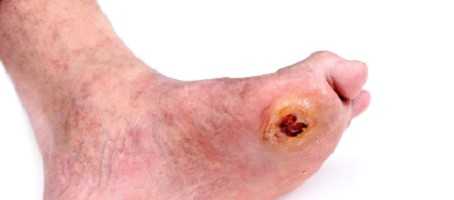A chemical compound from the cannabis plant, known as cannabidiol, could be used to treat diabetes, according to Israeli scientists.
Treating different diseases
Researchers at the Hebrew University of Jerusalem, led by Dr. Raphael Mechoulam, who is known for discovering cannabidol (CBD), observed CBD receptors in other bodily tissues.
The findings suggest that the therapeutic effects of CBD, a non-psychoactive compound, could be modified to fit different receptors. Different illness such as diabetes, atherosclerosis and cardiovascular disease could therefore be treated.
A study was conducted on rats with infarcts (areas of dead tissue) due to a failure of blood supply. When pretreated with CBD, these infarcts were 30 per cent smaller.
Chronic inflammation has long been known to play a key role in the development of insulin resistance and therefore type 2 diabetes. The researchers believe that the anti-inflammatory properties of CBD could treat this inflammation and therefore improve the body’s metabolism.
In addition, the immune system, cell growth, sugar metabolism and heart function all also appear to prospectively benefit from CBD’s anti-inflammatory properties.
ISA Scientific, an Israeli company, recently signed a worldwide collaboration and licensing deal to establish therapies containing CBD.
In a statement, ISA Scientific Chief Executive Officer Mark J. Rosenfeld said: “The licensing agreement is very well timed because our Phase 1 clinical trials on dosing and safety are now underway in Israel, and arrangements for Phase 2 trials on treating diabetes and chronic pain are in process.”
“Unlike insulin and other existing medications for diabetes, CBD may actually suppress, reverse and perhaps cure the disease,” Rosenfeld added.
Are there side effects?
There are no major side effects of CBD, according to Rosenfield, which will not affect patients with diabetes doing everyday activities such as work, driving or exercise.
While CBD can be obtained from marijuana, it is also abundant in hemp, a plant with no psychoactive properties and no potential for abuse.
What's new on the forum? ⭐️
Get our free newsletters
Stay up to date with the latest news, research and breakthroughs.




